Get involved with ProleWiki! https://prolewiki.org/
- 9 Posts
- 11 Comments

 101·1 year ago
101·1 year agoGeopolitical Economy Report
Regarding your announcement–thank you OP for starting up this project, I looked forward to it each week that it went on, and appreciated seeing everyone’s reflections on the texts. I also liked the simple format and gradual pace. I hope everything works out well with your IRL needs and commitments. Take care!
My study response–As last week I found myself unable to answer the study questions quickly enough, I am going to go with a bit more of a free-form response this time so I don’t end up taking too long to participate. And since I barely participated last thread, I’m just going to make my reply this time be about the text as a whole.
If anyone sees errors in my response, please let me know. I’m not trying to write authoritatively but rather to check my understanding and see whether I can summarize a few of the major points.
Response
I think a quote from early on in this work seems to summarize one of the major points Marx is making throughout the text. He writes: “If the silk-worm’s object in spinning were to prolong its existence as caterpillar, it would be a perfect example of a wage-worker.” (Ch. 2)
In other words, it’s as if a silk-worm is spinning not to become a moth, but to just keep spinning and spinning, generating silk indefinitely to remain a caterpillar indefinitely. I believe Marx is likening this to the process of the wage-worker surrendering their value-creating labor-power to the capitalist class, whose interest it is to make this relationship become only more deeply entrenched and prolonged, and therefore uses the value generated by the worker’s surrendered labor-power to deepen and expand the system of wage-labor under bourgeois dictatorship. As the silk-worm metaphor implies, this is not the most sensible way of doing things from a worker’s perspective. Normally, the silk worm would spin its silk to then use it to eventually undergo transformation into a moth. Likewise, it’s implied that a worker would use their labor-power to create value the worker themself can actually access and benefit from, bringing a transformation in the mode of production, bringing society to a new stage.
In Chapter 8, Marx talks about the implications of the worker’s real wages versus the worker’s relative wages. Speaking of rises in real wages over time, Marx writes: “the more speedily the worker augments the wealth of the capitalist, the larger will be the crumbs which fall to him”–however, even if real wages are rising with profits, when we look at relative wages, we see “a widening of the social chasm that divides the worker from the capitalist, and increase in the power of capital over labour, a greater dependence of labour upon capital.” (Ch. 8) As usual, Marx is calling our attention to the relationships between things. Rather than just look at a line representing real wages go up, we need to pay attention to the growing gap between wages and profits and the implication that this has for the relative social positions of workers and capitalists:
If capital grows rapidly, wages may rise, but the profit of capital rises disproportionately faster. The material position of the worker has improved, but at the cost of his social position. The social chasm that separates him from the capitalist has widened. (Ch. 8)
Toward the end of this work, in the end of Chapter 8 and throughout Chapter 9, Marx turns his attention to explaining the overall effects that the growth of productive capital has on wages, the need for expanded markets, and on causing the competition between workers to intensify:
This war [of capitalists among themselves] has the peculiarity that the battles in it are won less by recruiting than by discharging the army of workers. The generals [the capitalists] vie with one another as to who can discharge the greatest number of industrial soldiers.
[…] The more productive capital grows, the more it extends the division of labour and the application of machinery; the more the division of labour and the application of machinery extend, the more does competition extend among the workers, the more do their wages shrink together. […] the forest of outstretched arms, begging for work, grows ever thicker, while the arms themselves grow ever leaner.
…I have spent more time on this than I originally meant to, and so I need to end here. As I mentioned above, please point out any errors in my understanding, as this is just me writing to try and see whether I understood the text well or not and whether I could identify (some) of the text’s main points.
Thanks again OP, I’m glad you started this study group.

 20·1 year ago
20·1 year agoWatch the 2016 film “Donbass” by Anne-Laure Bonnel, to see the things people are referring to about the violence there over the past several years. Warning that if you look into what was going on in Donbass during those years, you are going to see a lot of footage of people dead/dying in the street with their limbs blown off. This film shows a bit less of that than others do.
Also here is a clip from the documentary, with footage of the 2014 burning of the trade union building in Odessa, where Ukranian nationalists burned the building down and beat and shot the people who jumped out of the windows to avoid burning. The people in the building were Russian speakers who were protesting a ban on Russian language, and took refuge in the trade union building when the right-wing nationalists showed up. The person being interviewed is a former Ukranian soldier from Donestk, who left the military because he didn’t want to join in the violence enacted on the region. Warning that you will briefly see bodies of people who burned to death.
- What is the difference between “Labour” and “Labour Power”?
I believe the distinction here is that labor is the action of laboring/working itself, while labor power is what Marx explains as a commodity that the laborer sells to the capitalist, which I think is the laborer’s potential/capacity for labor. The unique quality of labor power that makes it different from other commodities is that it is able to generate more value than it possesses on its own. I still feel uncertain about how to fully describe the difference between the concepts of labor and labor power, however.
And…Once again, I’m short on time, so I will have to try answering more later!
I did the reading, but haven’t had time to type up a reply yet unfortunately. Hoping to have some time soon!
Maybe the ProleWiki article about him could give you some jumping off points, if you haven’t checked it out already.

 104·1 year ago
104·1 year agoYes, the US is purposely starving the world.
Yep. I doubt you’ll care to read the following but I’m putting it here for others to see.
The United States is the world leader in imposing economic sanctions and supports sanctions regimes affecting nearly 200 million people. … Targeted countries experience economic contractions and, in many cases, are unable to import sufficient essential goods, including essential medicines, medical equipment, infrastructure necessary for clean water and for health care, and food. … While on paper most sanctions have some humanitarian exemptions for food, necessary medicines and medical supplies, in practice these exemptions are not sufficient to ensure access to these goods within the targeted country. (Center for Economic and Policy Research)
It’s well known that sanctions are ineffective for pressuring governments, but very effective at waging siege warfare by starving and killing ordinary citizens by disease and infrastructural failures. Continuing to use sanctions in this way and to this extent, when this is well known, is definitely “purposely starving the world”. An independent expert appointed by the Office of the High Commissioner for Human Rights said in 2019 that US sanctions violate human rights and international code of conduct and can lead to starvation. Why does the US continue to be the world leader in imposing sanctions, increasing its use of sanctions by 933% over the last 20 years, when this is well known? It’s because they know the effect, and they’re doing it on purpose.
We can also look at some US internal memorandums from before it was more politically incorrect to talk about starving people in other countries. In 1960, U.S. officials wrote that creating “disenchantment and disaffection based on economic dissatisfaction and hardship” through denying money and supplies to Cuba would be a method they should pursue in order to “bring about hunger, desperation and overthrow of government” in Cuba.
In other countries, we see a pattern of US officials and US-backed institutions purposely denying aid and loans to governments they don’t approve of, and then suddenly approving aid and opening up loans when a coup brings a leader they’re happy with into power. When Ghana was requesting aid under an administration that the West’s bourgeoisie didn’t like, U.S. officials said this: “We and other Western countries (including France) have been helping to set up the situation by ignoring Nkrumah’s pleas for economic aid. The new OCAM (Francophone) group’s refusal to attend any OAU meeting in Accra (because of Nkrumah’s plotting) will further isolate him. All in all, looks good.” The “situation” they were helping to set up was a coup they knew was going to happen. After a US-friendly coup took place, suddenly it was time to give the “almost pathetically pro-Western” government a gift of “few thousand tons of surplus wheat or rice”, knowing that giving little gifts like this “whets their appetites” for further collaboration with the US. You will find the same song and dance in numerous other countries, Chile being a well-documented example, if you simply look for it.
The US imposes starvation and depravation of other countries on purpose, using it as an economic wrecking ball, then pats itself on the back for giving “aid” to the countries which have been hollowed out by such tactics.
The loans which magically become available to countries that meet the US approval standards are not so pretty either, as a former IMF senior economist said, he may only hope “to wash my hands of what in my mind’s eye is the blood of millions of poor and starving peoples”, there not being “enough soap in the world” to wash away what has been done to the global south through the calculated fraud of the IMF, whose tactics are designed to accomplish the same kind of goals as the sanctions are–to prevent the economic rise of any country but the US by wrecking its competitors economically, tearing apart their local manufacturing capacity and transforming them into mere resource extraction projects, redirecting their agricultural industries into exports to make sure they reach a level where they are more reliant on imports to feed themselves, and reliant on foreign aid which is ripped away whenever they do not do what the US approves of or make friends with who the US wants them to.
I refer to #3, why don’t they just do it then?
This is what secondary sanctions and the US’s various protection rackets have always been designed to prevent, which has definitely been a powerful tool for them, but it seems with the rise of the new non-aligned movement and de-dollarization its becoming a less successful one and we can see countries “just doing” what they want more and more while the US leadership waves around, as usual, more sanctions and military threats in response.
This is another one that I haven’t read before so I’m glad it’s the next one we’re covering. My weak point in understanding theory has also mainly been around the more detailed economic side. I often have some trouble understanding Marx’s writing style, but I think the introduction by Engels helped me better understand some of the things that I’ve felt my understanding was lacking in.
In particular I found this passage helpful:
In the present state of production, human labour-power not only produces in a day a greater value than it itself possesses and costs; but with each new scientific discovery, with each new technical invention, there also rises the surplus of its daily production over its daily cost, while as a consequence there diminishes that part of the working-day in which the labourer produces the equivalent of his day’s wages, and, on the other hand, lengthens that part of the working-day in which he must present labour gratis to the capitalist.
In the next paragraph he states: “[the portion of value] which the capitalist class retains, and which it has to share, at most, only with the landlord class, is increasing with every new discovery and invention, while the share which falls to the working class (per capita) rises but little and very slowly, or not at all, and under certain conditions it may even fall”.
Again, like one of the quotes that stuck out to me from our previous reading, I feel like it helped my understanding when the focus was put on the big picture. Sometimes the more detailed explanations about how value is generated get me thinking only about how this affects the worker in particular, and forgetting to think about how it affects the entire proletariat and bourgeoisie’s development as classes. Of course the details are necessary to understand the whole larger concept, but I think these quotes helped keep my understanding on track.
I also appreciated these lines at the end of the introduction: “This condition becomes every day more absurd and more unnecessary. It must be gotten rid of; it can be gotten rid of. A new social order is possible […] there will be the means of life, of the enjoyment of life, and of the development and activity of all bodily and mental faculties, through the systematic use and further development of the enormous productive powers of society, which exists with us even now”.
I don’t have more time today, so sorry if this post seems kind of disorganized, but those are my main thoughts. Looking forward to next week’s thread.

 8·1 year ago
8·1 year agoYou might also be interested in this 2017 study, “Survey Report on the Survival of the Transgender Community in China” published by the Beijing LGBT Center and the Department of Sociology at Peking University: Brief, PDF. It surveys trans people about several things, including their methods of accessing hormones, how they feel out in public, rating different types of workplaces for how trans-friendly or unfriendly they feel, etc.
As well as this one from 2018, “Legal Gender Recognition in China: A Legal and Policy Review” by UNDP and China Women’s University: Info and links to PDFs. This one is mainly a review that goes into detail about several laws that affect trans people and recommending specific improvements legislators, government ministries, businesses, NGOs, etc. can make. It also includes information from key informant interviews. (Article about the review)

 32·1 year ago
32·1 year agoIf you have not seen it already, you may be interested in this short 2021 documentary, “A Day of Trans 跨越性别的一天”, made by a Chinese director who is transgender, which interviews four trans people in China. There is a woman in her 60s who tells some of her life story, a man in his 30s who talks about a gender identity discrimination lawsuit that he won in 2016 and about general issues trans people face in society, and two younger people (one identifies as genderqueer/nonbinary and the other is agender) who talk about their trans rights advocacy work. Each interviewee also talks about the attitudes in society about trans people over time, their own journey, etc.
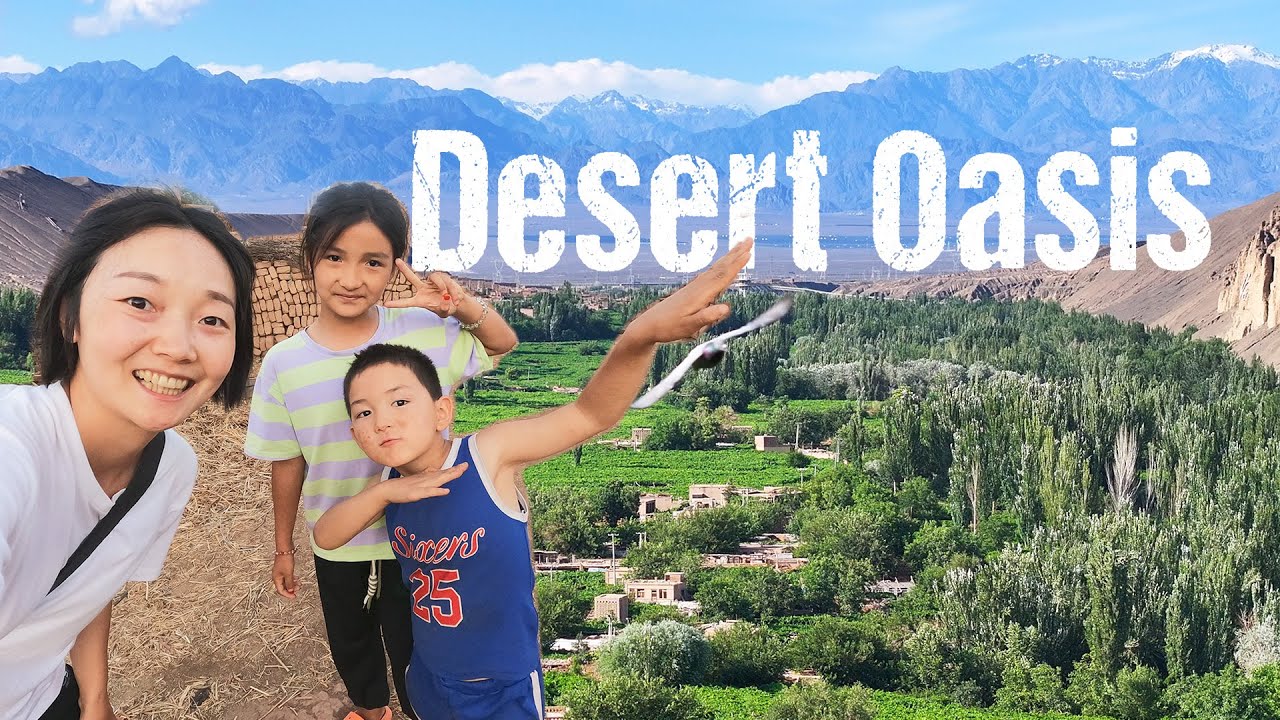
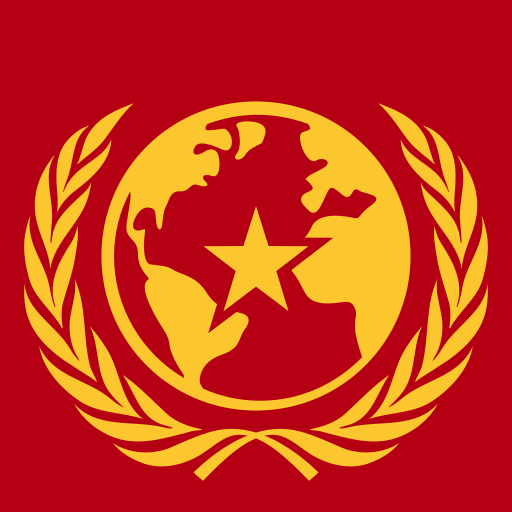


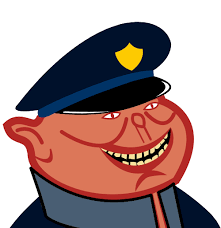
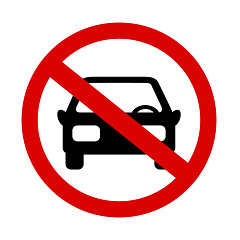
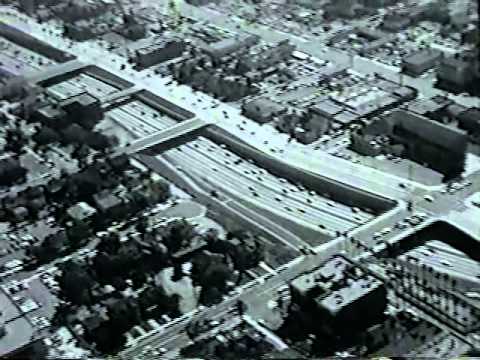
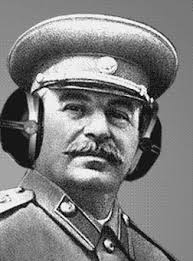
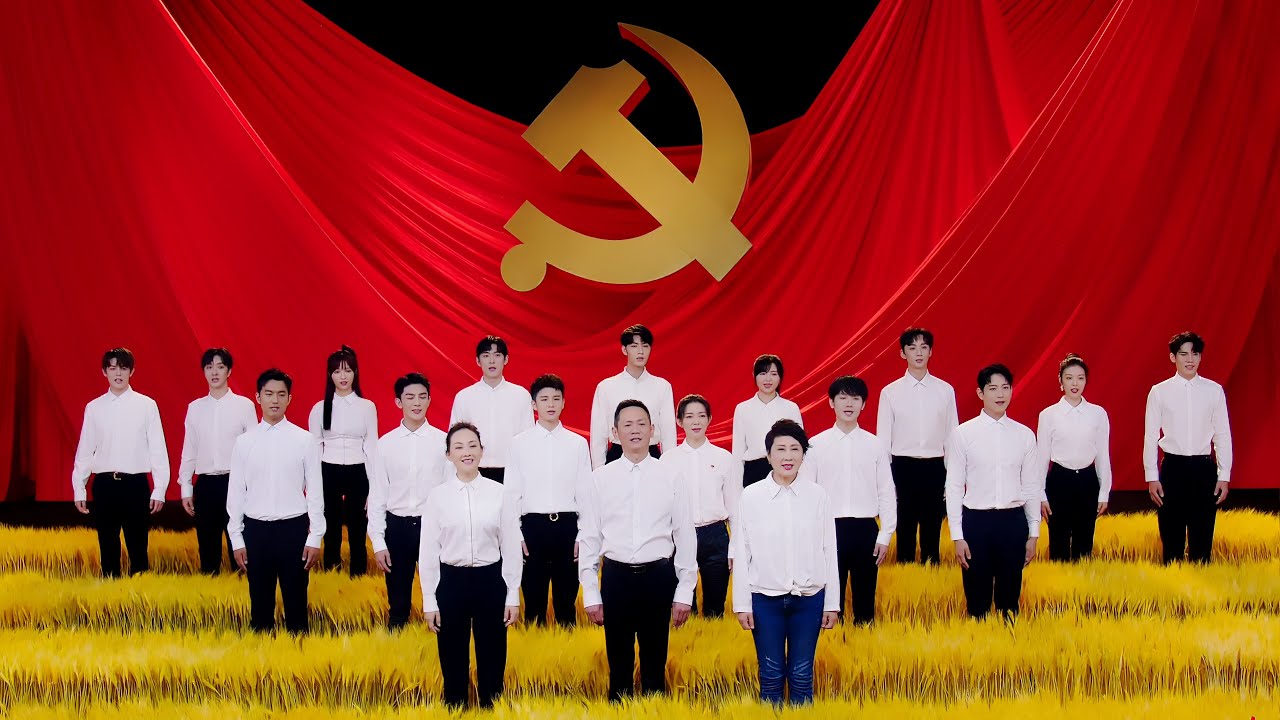
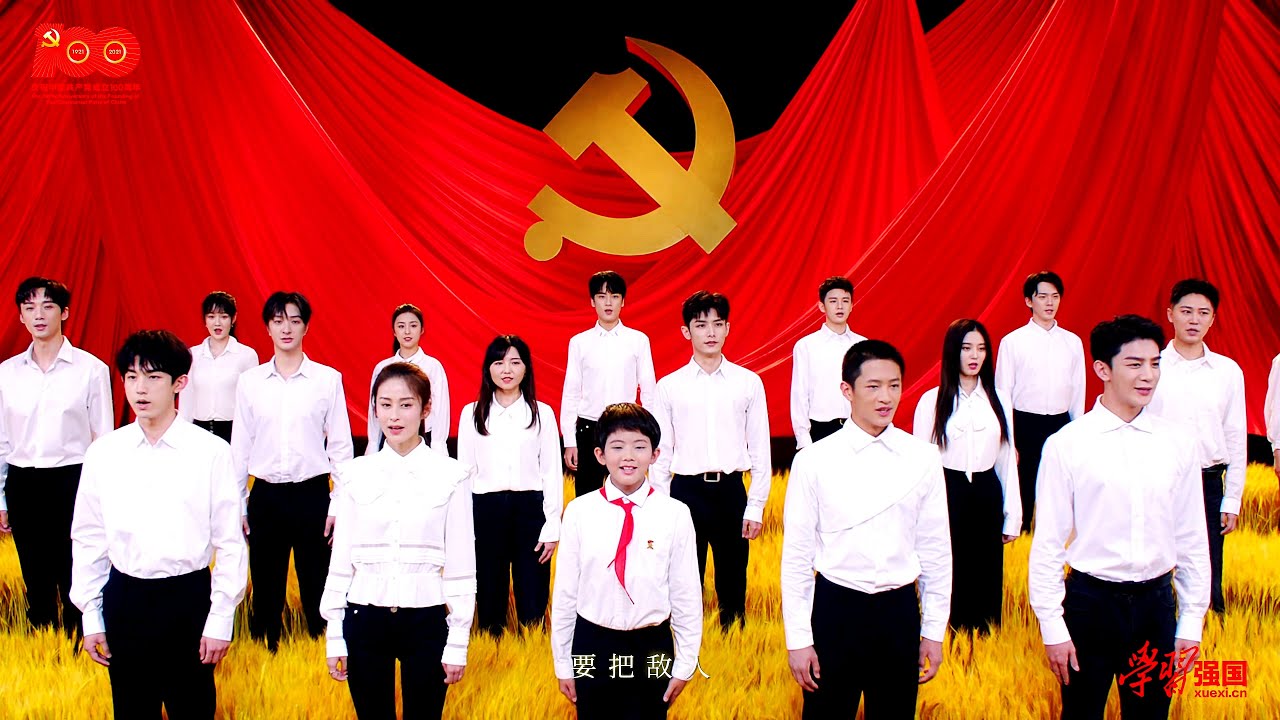
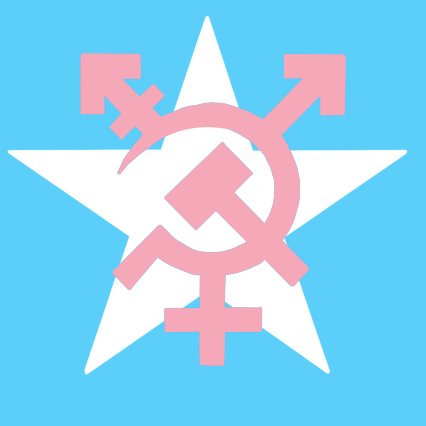
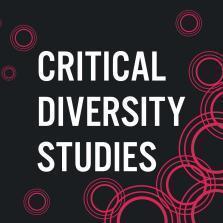

I’m not an expert and still in the process of learning about this, but I would say your understanding of it here more or less lines up with my understanding from what I have read so far.
As I understand, Juche dismisses the idealist world outlook as groundless and also rejects mechanical materialism, and holds that the dialectical materialist view is the scientific view of the world. However, it is considered that merely holding a dialectical materialist view does not automatically cause people to start using it as a tool to change the world to humanity’s benefit, which is the question that the Juche idea is mainly concerned with: defining and promoting humanity’s role in changing the world, and increasing peoples’ consciousness of this role. As I understand it, Juche promotes the concept that humans (as a collective whole) not only can but should center themselves in changing the world to benefit them, within the real scientific limits of the world, i.e. with the knowledge of the laws of nature and society which operate independent of human’s will. This is seen as a necessary attitude in humanity’s emancipation from oppression, as simply having a dialectical materialist view does not necessarily cause people to start acting on humanity’s behalf even if it does give them an accurate scientific view of reality’s motion.
Texts about Juche seem to primarily focus on asserting that it is correct for humans to center their own needs in how they shape the world, and also focus on discussing humanity’s historical pursuit for independence and methods of preserving that independence when it is achieved through progressive revolutions, with the primary focus now being the struggle to end imperialism and capitalism and to defend and evolve socialism, in order to remove exploitation from society and continue on humanity’s path to pursuing independence from all restrictions, both natural and social, overcoming them with a methodical and scientific understanding combined with an attitude of intentionally centering human needs and desires in the way humanity consciously shapes the world.
If someone sees something wrong with my understanding, please let me know. I am still in the process of learning about this.